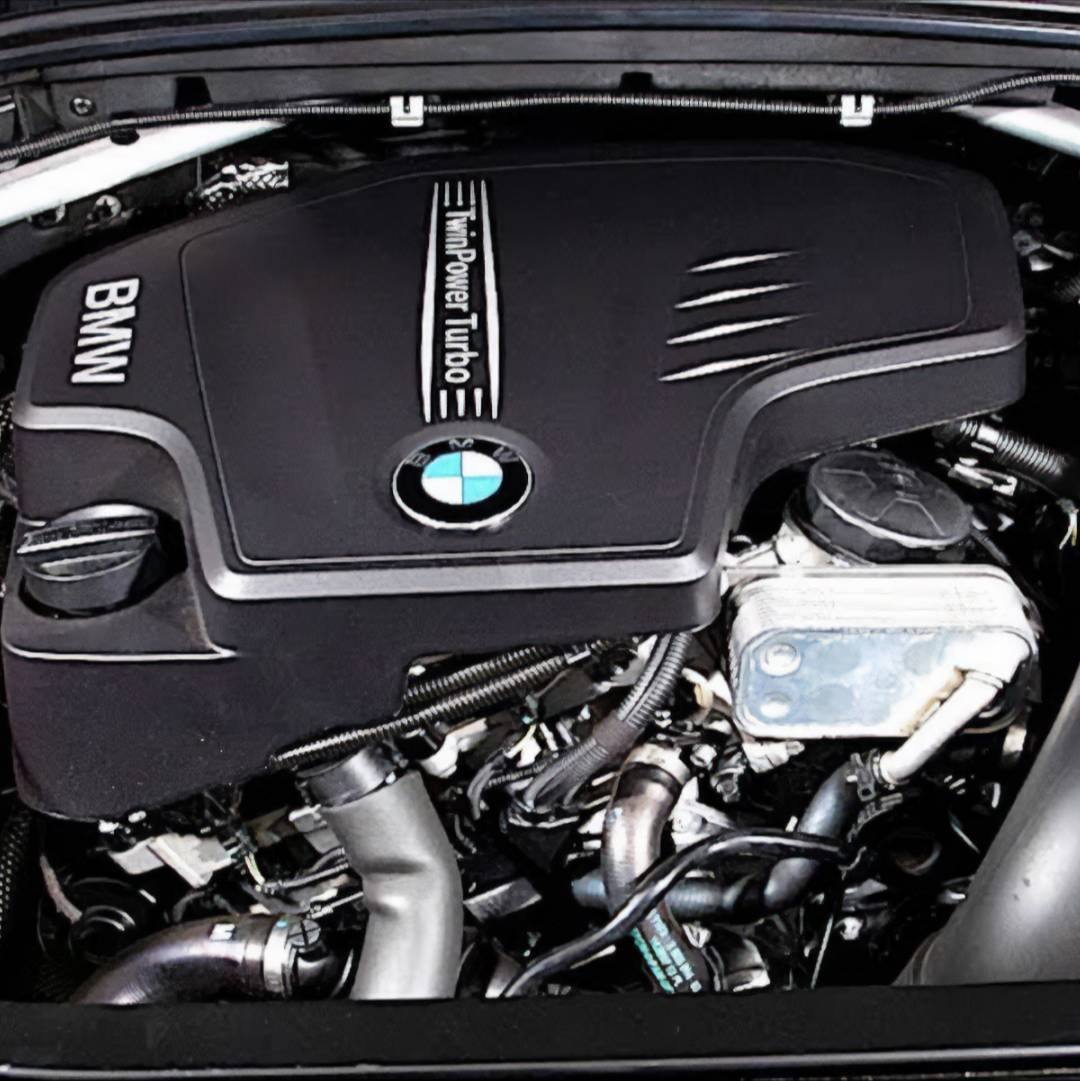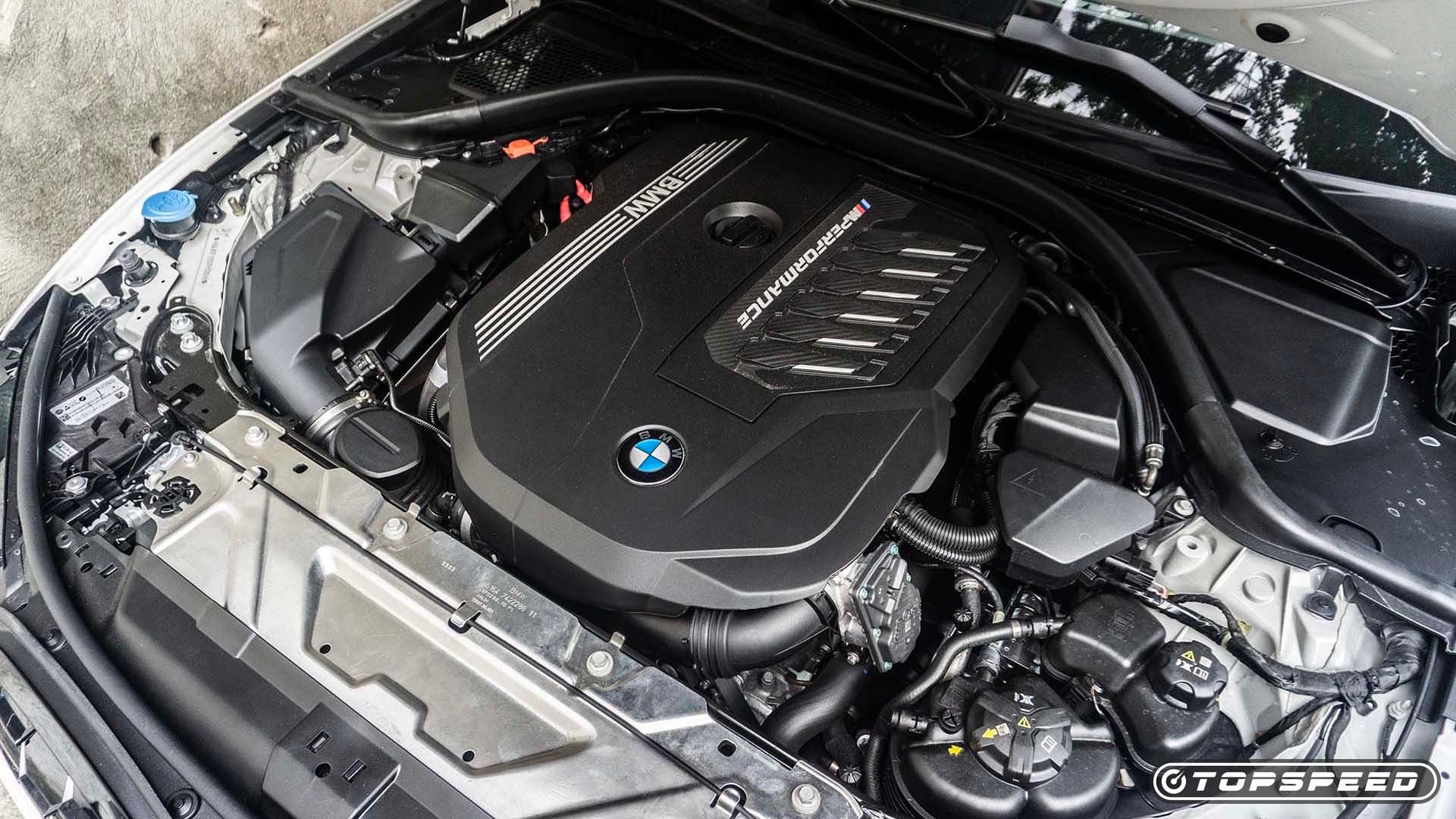Revealing the Intricacies of Next-Generation Power Units: a Deep Study Advanced Engine Designs and Technologies
In the world of automotive engineering, the unrelenting quest of sustainability, performance, and efficiency has pushed the development of power systems to unprecedented heights. As we stand on the precipice of a brand-new age in transport, the ins and outs of next-generation engine designs bid us to discover the innovative innovations and technologies that guarantee to redefine the driving experience. From sophisticated products that push the borders of durability and weight reduction to innovative turbocharging and supercharging systems that elevate power outcome to brand-new degrees, each element of these power devices holds a key to opening the future of auto engineering. Delving deeper right into the realms of emission control, intelligent engine management systems, and the perspective of power unit growth, we locate ourselves on the cusp of a change that promises to reshape the landscape of wheelchair as we understand it.
Development of Engine Materials

The shift in the direction of progressed engine materials has actually also allowed engineers to design engines with higher power outcomes while keeping fuel efficiency standards. The use of light-weight products decreases the general weight of the engine, leading to improved fuel economic situation and lower discharges. In addition, improvements in products technology have actually enabled far better thermal monitoring within engines, resulting in boosted reliability and durability.
Turbocharging and Supercharging Technologies
Just How do Turbocharging and Supercharging Technologies revolutionize engine efficiency and efficiency in modern cars? Turbocharging and supercharging are innovations that significantly improve engine efficiency by raising the amount of air intake right into the burning chamber. Turbocharging attains this by using a generator driven by exhaust gases to pressurize the intake air, while supercharging uses a belt- or chain-driven compressor to accomplish the exact same result.
These innovations enable smaller, extra fuel-efficient engines to create power equal to bigger ones, understood as downsizing. By forcing even more air into the cyndrical tubes, supercharging and turbocharging improve combustion performance, leading to increased horsepower and torque output without a substantial rise in engine size. This brings about much better acceleration, pulling capability, and overall driving performance.
In addition, turbocharging and supercharging add to enhanced fuel effectiveness by permitting the usage of smaller engines that take in much less fuel under regular driving conditions - bmw engine. This mix of enhanced efficiency and performance has made turbocharging and supercharging indispensable elements of lots of contemporary engine layouts
Discharge Control and Environmental Impact
With enhancing global concerns relating to air top quality and ecological sustainability, the implementation of emission control modern technologies in vehicles plays an important duty in lowering unsafe contaminants released into the ambience. Modern lorries are equipped with sophisticated discharge control systems that help decrease the environmental effect of automotive operations. Catalytic converters, as an example, are made to transform poisonous gases such as carbon monoxide, nitrogen oxides, and hydrocarbons right into less dangerous materials like co2 and water vapor.
In addition, advancements in engine modern technology, such as the integration of exhaust gas recirculation systems and selective catalytic reduction, have actually considerably added to reducing discharges. These technologies function in tandem to enhance burning performance and lessen the launch of hazardous pollutants into the air. Furthermore, the advancement of crossbreed and electric automobiles stands for an important step her explanation towards decreasing the general ecological impact of the transportation sector.
Intelligent Engine Management Systems

Moreover, these systems enable vehicles to meet strict discharges requirements without compromising efficiency, giving a more ecologically pleasant driving experience. The combination of expert system and maker understanding abilities in engine monitoring systems remains to press the limits of what is feasible, leading to more enhancements in efficiency, reliability, and overall car performance. bmw engine. As vehicle modern technology breakthroughs, smart engine management systems will play a vital duty in shaping the future of transport in the direction of a more lasting and effective direction
Future Trends in Power Unit Advancement
As intelligent engine monitoring systems pave the method for boosted control and optimization in modern cars, future trends in power unit growth are poised to redefine the landscape of vehicle propulsion modern technologies. These alternate power resources use improved effectiveness and efficiency while lining up with rigorous environmental regulations.
One more significant fad is the assimilation of innovative materials and producing methods. Light-weight products such as carbon fiber and light weight aluminum are being used to minimize general car weight, enhancing gas performance and performance. Additionally, innovations in 3D printing and additive production are enabling the manufacturing of intricate engine components with greater precision and durability.
Additionally, fabricated intelligence and device learning are playing a vital role in optimizing power device performance. These modern technologies permit real-time surveillance and adaptive control, causing more reputable and reliable power shipment. Overall, future fads in power system advancement are geared in the direction of sustainability, effectiveness, and performance, driving the automobile industry towards a brand-new period of propulsion innovations.

Verdict
Finally, the developments in engine materials, turbocharging, exhaust control, and intelligent administration systems have led the way for next-generation power systems. These advancements have not only improved efficiency and effectiveness however additionally reduced environmental effect. As technology continues to progress, future trends in power unit development are most likely to focus on further improving sustainability and maximizing power result. The detailed layouts and visit technologies in check out this site modern engines showcase the recurring advancement of auto modern technology.
Discovering the progressive developments in engine products has actually been essential in enhancing the performance and performance of contemporary engines. Over the years, the advancement of engine materials has actually played a crucial function in pushing the borders of what engines can achieve.The change towards advanced engine products has additionally made it possible for engineers to create engines with greater power outcomes while maintaining gas performance requirements.The implementation of smart engine administration systems in modern-day vehicles has actually transformed the means engines are regulated and maximized for performance and performance. By gathering data in real-time and analyzing it with advanced algorithms, intelligent engine administration systems can adapt to driving styles, ecological aspects, and engine health to maximize power outcome while minimizing gas intake and exhausts.